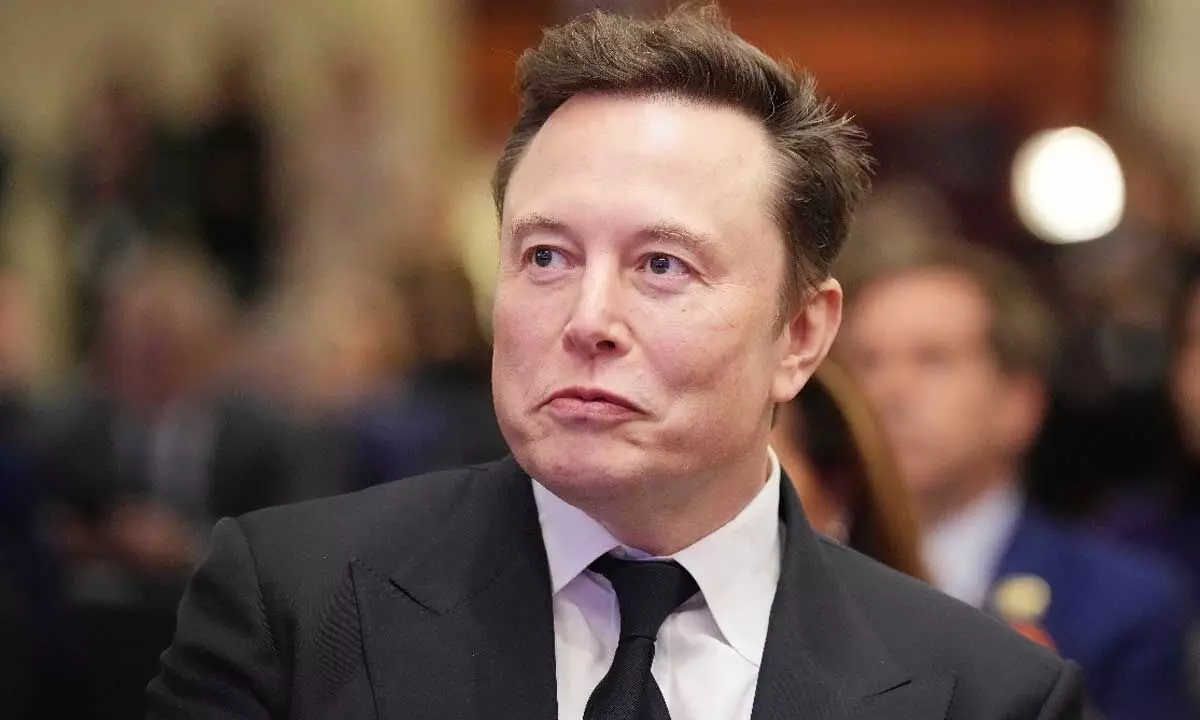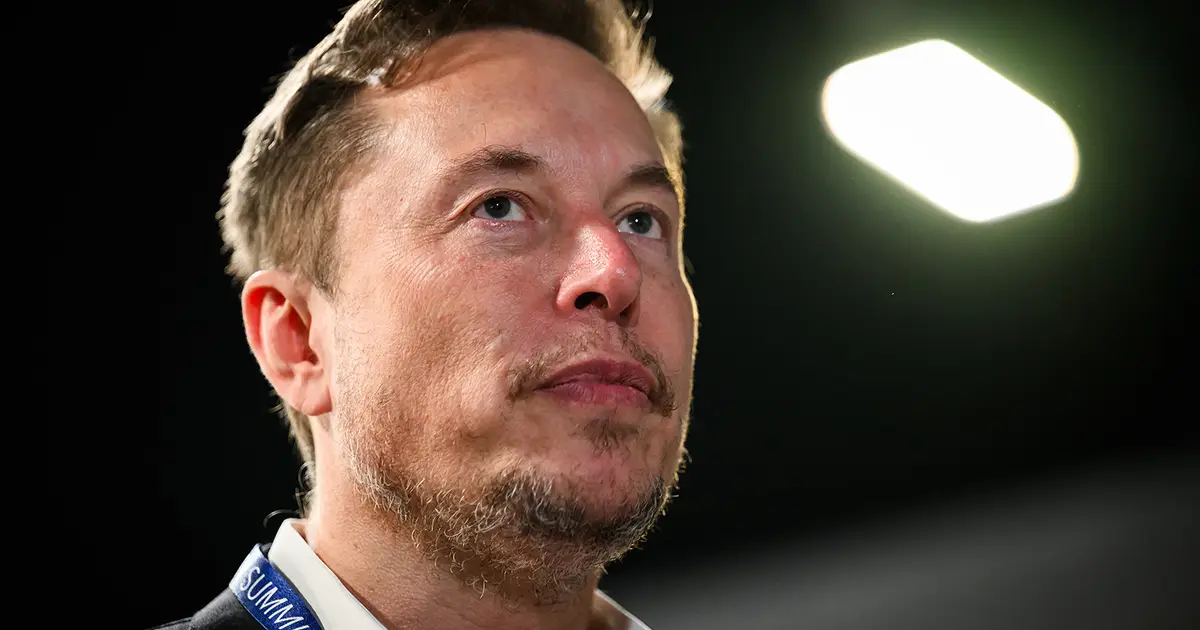Elon Musk’s $140 Million Commitment to Housing for the Needy!

Elon Musk’s $140 Million Commitment to Housing for the Needy!
In a landmark move that has captured global attention, Elon Musk, the visionary entrepreneur known for his work with Tesla, SpaceX, and other groundbreaking ventures, has announced a $140 million commitment to housing initiatives aimed at providing stable, affordable homes for low-income families. With his unique ability to disrupt industries and address pressing social issues through innovation, Musk’s pledge is expected to have a significant and lasting impact on the affordable housing sector. The announcement signals a shift toward greater social responsibility in Musk’s portfolio of investments and raises important questions about how private sector funding can be used to tackle systemic issues like homelessness and housing inequality. In this article, we delve into the details of Musk’s $140 million commitment, its expected impact on communities in need, and how this investment could reshape the future of housing for the underprivileged.
The Affordable Housing Crisis: A Global Challenge
The issue of affordable housing has reached crisis levels in many parts of the world. As cities grow and populations increase, demand for housing continues to outpace supply. In urban areas, escalating real estate prices, combined with stagnant wages, have created a situation where working-class and low-income families are being priced out of stable housing. Millions of people are forced to live in overcrowded conditions, rent from unscrupulous landlords, or even face homelessness. This problem is exacerbated by the rising costs of construction, zoning laws, and a lack of affordable land.
In the United States, the shortage of affordable housing is particularly acute in cities like San Francisco, Los Angeles, and New York, where the gap between income levels and housing prices is widening at an alarming rate. The COVID-19 pandemic only worsened the situation, leaving many families at risk of eviction and exacerbating the financial pressures on already vulnerable groups.
The affordable housing crisis is not just a problem in developed nations but also in emerging economies, where rapid urbanization and limited resources are putting immense pressure on housing infrastructure. Globally, more than 1.6 billion people live in inadequate housing, including informal settlements and slums, without access to basic amenities like clean water, sanitation, or safe infrastructure.
Elon Musk’s $140 million commitment seeks to address these issues by supporting initiatives that provide affordable, high-quality housing for the needy, aiming to create long-term solutions to this global challenge.
Musk’s $140 Million Commitment: Key Areas of Focus
Musk’s $140 million donation is an unprecedented investment in affordable housing, focusing on creating homes for low-income families, improving living conditions, and promoting sustainability. This investment is not a mere charitable donation but a strategic, multifaceted initiative designed to tackle the root causes of housing inequality and make a meaningful difference in the lives of vulnerable populations.
Here are the key areas where Musk’s commitment will have a direct impact:
-
Affordable Housing Construction: A significant portion of Musk’s investment will be used to fund the construction of new affordable housing units. The homes will be built in areas with the greatest need, particularly in urban centers where housing prices are rapidly increasing. These homes will be priced well below market rates, making them accessible to individuals and families who would otherwise be unable to afford stable housing.
-
Sustainable Design and Green Building Practices: Musk’s commitment to sustainability extends to the homes being built. The houses will be designed with energy-efficient features, including solar panels, energy-efficient insulation, and water-saving technologies. By integrating green building practices, Musk’s initiative will reduce the long-term environmental impact of the housing sector while also lowering utility costs for residents. The use of renewable energy sources will ensure that the homes are environmentally friendly, helping combat climate change while providing affordable living spaces.
-
Smart Housing Technology: In line with Musk’s innovative approach to technology, the homes will incorporate smart home technology designed to improve residents’ quality of life. This could include automated systems for lighting, heating, security, and energy consumption. The integration of smart technology will not only enhance convenience but also help residents reduce their energy usage, further lowering utility bills and promoting sustainability.
-
Community and Support Services: The housing initiatives funded by Musk will extend beyond just providing homes. The project will include building supportive communities that offer essential services such as education, healthcare, and access to job opportunities. This holistic approach ensures that residents can thrive in their new homes, providing them with the tools they need to improve their lives and break the cycle of poverty. The goal is to create neighborhoods that offer both a safe, affordable place to live and the resources needed to build a better future.
-
Job Creation and Local Economic Development: One of the additional benefits of Musk’s $140 million investment will be the creation of jobs in the construction and energy sectors. The development of affordable housing will provide employment opportunities for local workers, from skilled laborers to engineers and architects. Furthermore, by investing in low-income communities, Musk’s initiative will stimulate local economies, helping to create long-term economic stability for residents and businesses in those areas.

The Expected Impact on Low-Income Communities
Musk’s $140 million investment has the potential to dramatically improve the lives of millions of low-income individuals and families. The construction of affordable, sustainable homes in high-demand areas will offer people who have been excluded from the housing market an opportunity to live in safe, stable environments. The impact of these homes goes beyond just providing shelter—by improving living conditions, Musk’s initiative will address critical aspects of health, education, and economic mobility.
-
Improved Health and Well-Being: Many low-income families are forced to live in substandard housing that negatively impacts their physical and mental health. Poor housing conditions—such as inadequate heating, exposure to mold, and limited access to clean water and sanitation—can lead to chronic illnesses and exacerbate mental health problems. Musk’s investment will ensure that the new homes are built to high standards of quality and safety, providing residents with healthier living environments.
-
Economic Mobility and Stability: Secure, affordable housing is one of the most important factors in improving economic mobility. By offering stable, well-located homes at affordable prices, Musk’s housing initiative will give families the foundation they need to pursue education and job opportunities. This could help reduce homelessness, stabilize communities, and provide individuals with a path out of poverty.
-
Educational Opportunities: For children in low-income households, stable housing is directly linked to better educational outcomes. Families who face housing instability often have difficulty ensuring that their children attend school regularly or complete their education. By providing affordable homes in areas with good access to schools and educational resources, Musk’s initiative will create the conditions for children to succeed academically and build better futures.
-
Sustainability and Long-Term Savings: The incorporation of sustainable technologies, such as solar energy and energy-efficient building materials, will reduce both the environmental impact of the housing sector and the long-term living costs for residents. Lower energy bills and access to renewable energy sources will enable families to keep costs down, allowing them to allocate resources to other essential needs, such as healthcare, education, and food.

A Broader Shift Toward Social Responsibility in Business
Elon Musk’s $140 million commitment to affordable housing signals a broader shift toward social responsibility in the business world. While Musk has long been known for his innovation in technology and clean energy, this initiative marks a clear move into the realm of philanthropy and social impact. By investing in housing for the underprivileged, Musk is demonstrating that businesses have a crucial role to play in addressing systemic societal issues, particularly in areas that are often overlooked, such as housing inequality.
Musk’s investment could also serve as a model for other wealthy individuals and corporations to contribute to solving the housing crisis. As the global housing shortage continues to worsen, Musk’s approach demonstrates that private sector investment can play a pivotal role in creating lasting change. His commitment could inspire others in the tech and business worlds to follow suit, leading to a greater focus on the intersection of business and social good.
Conclusion
Elon Musk’s $140 million investment in affordable housing for the underprivileged is a transformative initiative that has the potential to improve the lives of millions of people who have been excluded from the housing market. By focusing on building sustainable, affordable homes in high-demand areas, Musk is addressing one of society’s most urgent challenges and creating new opportunities for low-income families. Through this commitment, Musk is proving that private sector innovation and investment can be a powerful force for social good, offering a path forward for addressing the global housing crisis and promoting greater economic and social equity.







